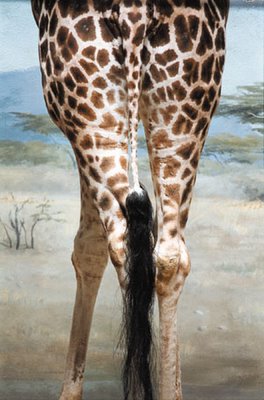
#6
1976
To celebrate the Bi-Centennial of America's independence, my fourth grade class worked all year long raising money so we could spend a whole day renting out a place called Pioneer Village, just outside of Phoenix, Arizona. Pioneer Village is a re-creation of an early 1700-1800-era township complete with Town hall and a one room schoolhouse that is also the church. Each student opened a real savings account threw the school and brought our money to save towards the fee it would cost to go for the whole day's field trip.
We made era appropriate costumes (complete with real Laura Ingall style bonnets), made replica toys and studied the foods they ate. I remember churning butter and being very upset to find out it came out of milk; I really couldn'’t get my mind around the idea that cows were a part of butter. We learned how the kids would have studied by candlelight and fireplaces, learned how much harder their chores would have been than ours. Mrs. Dad even asked us to try and go a whole week without watching TV, which meant no Charlie's Angels and that was almost like being punished. She really wanted us steeped in the culture.
Mrs. Dad was a good teacher.
It must have been very hard to get a bunch of fourth graders to save money, budget for a field trip, make costumes and teach me lessons that have lasted my whole life. That was almost thirty years ago.
But what does a giraffe have to do with the Wild West? How do I leap from Africa to Pioneer Village, Arizona? Mrs. Dad also was present when I reached a point of maturation that I wish I had never reached, she bore witness to my loss of innocence.
And it involves people of African origins...people that were stolen from their roots by people in the 1700s. And my unbelievable shame at being white. This story involves my beautiful black Grandpa, the pain I suffered when I was in the fourth grade and realized that some people would never understand that I loved him best because he was best.
My heart has always been called to be a missionary, specifically to be a missionary in Africa, even as a small girl. I remember watching Born Free on TV and thinking: "“One day, I will go there." (I could not have been more than five and even as a child I thought "I will go and not I'll go.)
I have also always had a black Grandpa. In my youth I thought that everybody had black relatives or at least mixed race relatives and did not even give it a second thought because it was a non-issue. I have so many cousins that are mixed heritage; I have lost count of them. Even in my adult life I forget that things like race, gender, religious choice, sexual preference are hot buttons of contention because it is the one area where I am an innocent. I am tolerant of others. I am blind to differences.
In fourth grade though, Mrs. Dad taught us a consolidated history lesson and included slaves and slave trading in the lesson. It was the first time I became aware of skin color. I wanted to die. I wanted to shed my skin, only I didn't have the words for it then. I just knew that being white shamed me.
Alvin, my Grandpa since I was one, was the best man in my eyes. He loved me unconditionally. He taught me things about living. Grandpa was the man who taught me to sing The Man in Moon and who could fix anything I broke. He showed me that men could be good and could be trusted. My Grandparents were married until he died in 2003, which is remarkable in any relationship but outstanding in a relationship that was interracial.
Of course Mrs. Dad never realized that she was a catalyst in my life and the element that taught me about prejudice. She had no way of knowing the little white blonde, blue eyed girl in her class had a black Grandpa who was a hero to her. The talks of changing black people to the bottoms of the boats and how they died coming over from Africa made my heart burn with the undeniable guilt of simply being born white.
Alvin never knew that I struggled with these thoughts because we did not discuss it. He would not have been surprised but may have shed light on my pain. Once I remember talking with him about how he remembered when women first got to vote and when blacks first got to vote.
He remembered segregation, being born and raised in Louisiana.
Giraffes then have always been a siren song to me, singing of innocence lost and of a way to make amends for the shame of nation and for guilt I suffer and have no part of. A way to apologize to a man I love with all my heart and soul for the sins of my forefathers and tell my Grandpa I love you. Africa is my heart and this picture bleeds my soul.
by Christina K. Brown

5 comments:
Forgiveness is the other side of an apology.
Peace
TJ
"...the pain I suffered when I was in the fourth grade and realized that some people would never understand that I loved him best because he was best."
But what better gift could he have possibly received than that of your unconditional love?
Very touching story about a great teacher and a loving man.
Hugs
...........My heart has always been called to be a missionary, specifically to be a missionary in Africa, even as a small girl.......
CKBrown.....
I remember you saying this often. The reason is much clearer to me today.
Your arrival of innocence lost bore fruit to your womanhood of soul singing.
Love of life that you are!
Mi
Post a Comment